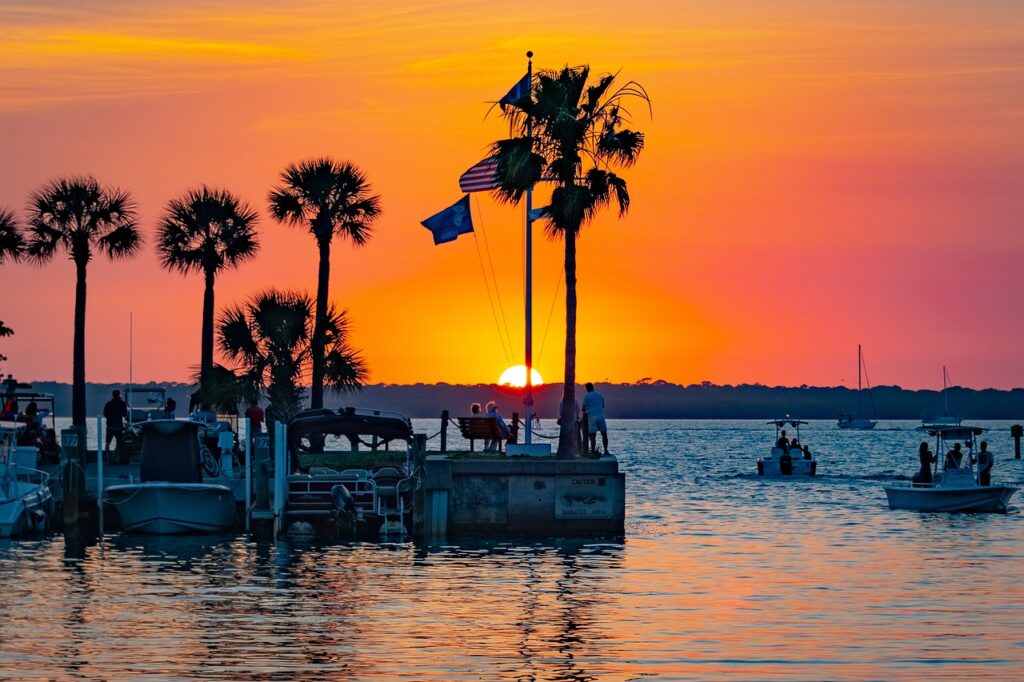West Virginia’s ambulance billing crisis deepens as the nation’s most rural state struggles with Medicaid rates below 40% of cost, while serving an aging, economically challenged population across mountainous terrain, averaging 38-mile transports.
Payer Mix Reality
West Virginia’s EMS payer mix reflects the state’s economic and health challenges. Typical distributions show: Medicaid 43%, Medicare 35%, Commercial Insurance 14%, and Self-pay 8%. This overwhelming government payer concentration, combined with the nation’s highest rates of chronic disease, creates severe revenue pressures.
The dominant commercial payers in West Virginia include Highmark Blue Cross Blue Shield, PEIA (Public Employees Insurance Agency), United Healthcare, and Aetna. Average reimbursement rates remain among the nation’s lowest. Medicare pays approximately $435 for BLS transports and $665 for ALS transports. Commercial insurers typically reimburse 110-140% of Medicare rates, while West Virginia Medicaid reimburses just $186 for BLS and $295 for ALS transports.
Collection rate challenges intensify with West Virginia’s economic conditions. EMS providers report average collection rates of 51% for commercial insurance, 95% for Medicare, 92% for Medicaid, but only 4-7% for self-pay accounts. The combination of poverty, mountainous geography, and limited commercial coverage devastates West Virginia’s EMS billing recovery efforts.
Schedule a demo today—24-hour turnaround to maximize revenue in challenging circumstances.
State Medicaid & Compliance
West Virginia Medicaid’s reimbursement rates rank among the nation’s lowest, failing to cover even basic operational costs. Current rates stand at $186.75 for BLS emergency transports and $295.20 for ALS emergency transports, with mileage reimbursed at $3.25 per loaded mile. The Bureau for Medical Services oversees traditional Medicaid, while Mountain Health Trust manages care for most beneficiaries.
Timely filing limits for West Virginia Medicaid require claims submission within one year from the date of service. Mountain Health Trust MCOs (Aetna Better Health, UniCare, and The Health Plan) typically enforce 180-day deadlines. Each MCO maintains different prior authorization requirements and appeal processes, creating an administrative burden for rural EMS providers with limited resources.
The No Surprises Act implementation affects West Virginia ambulance debt compliance through federal requirements, as the state lacks additional balance billing protections. Prior authorization isn’t required for emergency transports, but becomes mandatory for non-emergency services. Mountain Health Trust MCOs require detailed Physician Certification Statements documenting medical necessity for scheduled transports.
Collection Laws
West Virginia’s FDCPA implementation includes state-specific provisions through the West Virginia Consumer Credit and Protection Act. Collection agencies must obtain licenses through the West Virginia Division of Financial Institutions and maintain required bonding. The state balances consumer protection with recognition of healthcare providers’ financial challenges.
Specific collection restrictions include prohibited contact times (before 8 AM or after 9 PM Eastern Time), limitations on contact at the place of employment, and requirements for written validation notices. West Virginia emergency medical transport collections must navigate the state’s high poverty rates and limited ability to pay while maintaining compliance.
The statute of limitations for medical debt in West Virginia is five years for written contracts or five years for open accounts. State-specific patient protections include wage garnishment limitations (25% of disposable earnings or amount exceeding 30 times federal minimum wage), homestead exemptions up to $25,000, and protections for certain income sources.
Schedule a demo today—24-hour turnaround to implement compassionate yet effective collection strategies.
Local EMS Landscape
West Virginia’s EMS landscape relies heavily on volunteer services, struggling to maintain coverage across mountainous terrain. Major healthcare influences include WVU Medicine, Charleston Area Medical Center (CAMC), Mon Health System, and numerous critical access hospitals fighting for survival.
The 911 versus private EMS structure features predominantly volunteer fire departments with EMS capabilities. Career departments serve larger cities like Charleston, Huntington, and Morgantown. Many counties struggle to maintain any EMS coverage, leading to extensive mutual aid agreements. Private services primarily handle non-emergency and interfacility transports, with limited 911 involvement.
Average transport distances rank among the nation’s highest due to mountainous terrain and hospital closures. Rural transports routinely exceed 35-50 miles to reach the nearest emergency department. Interfacility transfers to tertiary centers in Charleston, Morgantown, or out-of-state facilities can surpass 150 miles through challenging mountain roads. Unique contracting norms include heavy reliance on county levy funding, extensive use of volunteer labor, and increasing difficulty maintaining services as volunteers age without replacement.
Case Study
In Charleston, CAMC EMS reduced its 120-day A/R from $2.4 million to $1.3 million by implementing comprehensive payer optimization and patient advocacy programs. The service partnered with specialized ambulance collection experts experienced in economically challenged markets. By deploying insurance discovery technology and establishing robust charity care screening, they improved revenue capture while reducing bad debt by 38%. The program particularly addressed West Virginia’s surprise billing ambulance compliance through transparent communication about patient financial responsibilities and available assistance programs.
The West Virginia Office of Emergency Medical Services 2023 Annual Report documented that 71% of EMS agencies report unsustainable financial conditions, with 23% considering service cessation.
Schedule a demo today—24-hour turnaround to implement survival strategies for West Virginia’s challenged EMS environment.
Compliance Guarantee
Midwest Service Bureau’s ambulance collection services maintain 100% compliance with West Virginia regulations while maximizing revenue through compassionate, effective strategies. Contact our West Virginia ambulance billing experts today at 316-263-1051 for critical support.





